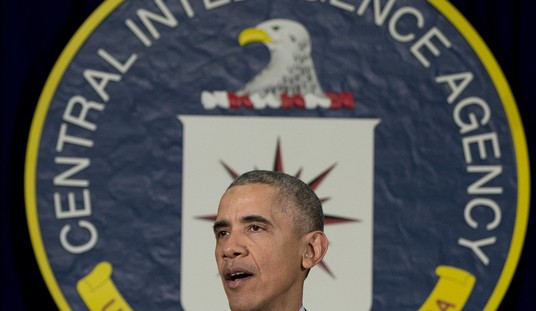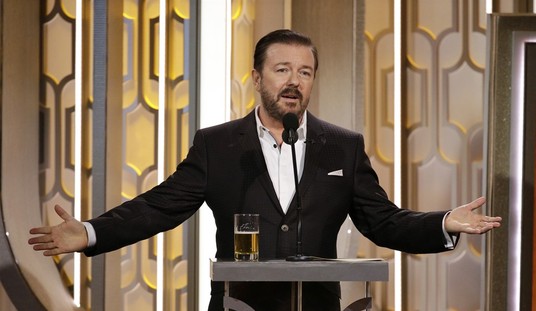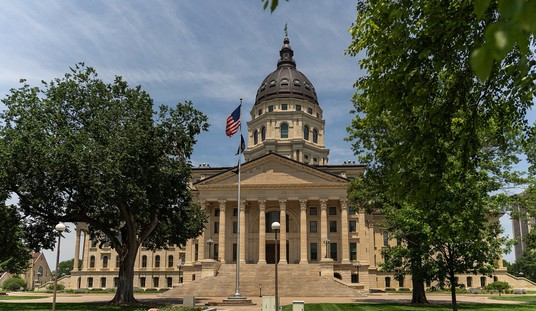
Although the transcripts from former Attorney General Loretta Lynch’s Testimony last year have not been released yet, investigative reporter Sara Carter obtained a copy and said that lawmakers had one question on their minds. If the DOJ and the FBI were so worried that Trump’s campaign had been penetrated by Russians, why didn’t anyone give him a defensive briefing which is customary? Lynch’s inability to answer this question spoke volumes.
Defensive briefings are “often given to presidential candidates, elected officials and even U.S. businesses that have either been unwittingly approached by foreign actors attempting to gain trust and befriend those in position of influence.” A senior former intelligence official told Carter that, “if the FBI or intelligence agencies suspect foreign adversaries may be trying to penetrate a presidential campaign, as those FBI and DOJ sources suggested in testimony to lawmakers, it would then be required to warn those affected.” In 2008, for example, the FBI gave John McCain a defensive briefing due to their concern over the Russian connections of a member of his campaign. Why wasn’t Trump offered the same courtesy?
Carter’s source added:
It is an essential task of the FBI and the intelligence community to give a defensive briefing to a presidential candidate when a foreign adversary is attempting to penetrate or make contact with someone in the campaign. If the FBI and DOJ were so concerned about Carter Page and (George) Papadopoulos why didn’t they brief Trump when he became a candidate? The fact that they didn’t is very revealing. If they gave a defensive briefing to the Clinton campaign then I think we have the answer.
(It is unknown if the Clinton campaign received a briefing.)
Carter said that a comparison of the testimonies of DOJ official Bruce Ohr, former FBI top lawyer James Baker and Lynch show that all three spoke of their concern that Russians might be penetrating Trump’s campaign, yet no one offered a defensive briefing.
In her testimony, Lynch admitted that top officials, including James Comey, all talked about offering a defensive briefing, but no one ever followed through.
But, then again, why brief a candidate when you’re trying to frame him instead?
The Testimony
Investigator: Were you aware that George Papadopoulos was under investigation by the FBI?
Lynch: I was aware that his activities were of concern.
Investigator: Were you aware that he was associated with the Trump campaign?
Lynch: You know, I knew that but, again, I don’t have specifics and certainly at that – thinking back to that time, I don’t know if I knew his role at that time in the campaign.
Investigator: Did you know he had some sort of role?
Lynch: As far as my recollection is, yes.
Investigator: So there are these investigations launched into two individuals, in your mind, somehow associated with the Trump campaign…Did you consider any other options other than an investigation?
Lynch: It’s when information is provided to someone usually as a result of the intelligence community learning information that may impact them, in the context in which I’m aware of it, in their official role, or in their official business.
Investigator: Were defensive briefings given to candidates for the presidency?
Lynch: Certain types of defense briefings are, is my understanding. It’s not something that I was personally involved in. They received – they do receive security briefings. I’m only aware of that from discussions with members of the intelligence community.
“The Revelation“
Investigator: Did you ever discuss whether the Trump campaign should be defensively briefed on either Carter Page or George Papadopoulos? If they were under scrutiny, why didn’t the FBI and DOJ make Trump aware?
Lynch: I was certainly aware that it was an option, but I don’t know what, if anything, ever happened to that option. Without getting into specific discussions, it certainly is an option that one would consider, but I don’t know if those actions were ever taken.
Investigator: Were you involved in discussing defensive briefings with the Trump campaign about Carter and Papadopoulos?
Lynch: Not to the level of giving direction.
Lynch: Again, I’m just being careful because of the nature of the information. Certainly, it’s always an option, but at a very early stage, you would have it as an option, and you would evaluate it as time goes on, and I don’t have any information about further resolution of that issue.
Carter mentions that, during her testimony last summer, Page was also questioned about why Trump was not offered a defensive briefing. She told investigators that “Trump was not a target at the time. The bureau was concerned about members of his campaign.”
But, that would be precisely the right time to give a defensive briefing to a candidate.
Apparently, FBI and DOJ officials had other issues on their mind at the time. Protecting the Trump campaign from infiltration by Russian actors was the opposite of what they were try to accomplish. Instead, they were trying to derail his candidacy in any way possible.
Fortunately, Lynch, Page and the rest of their colleagues will be offered the opportunity to clear things up before the Senate Judiciary Committee, a grand jury or maybe even a special counsel.
This is far from over.














Join the conversation as a VIP Member